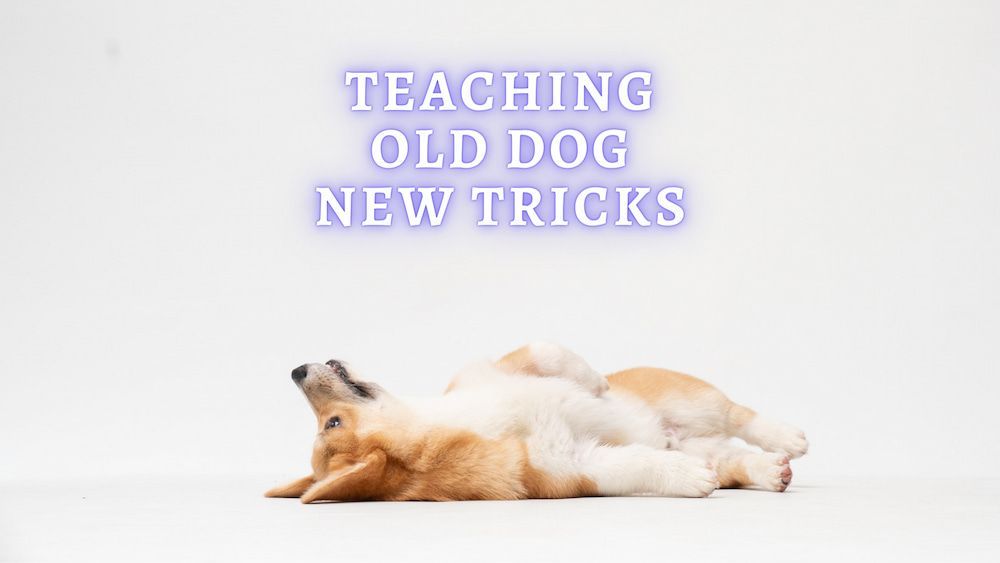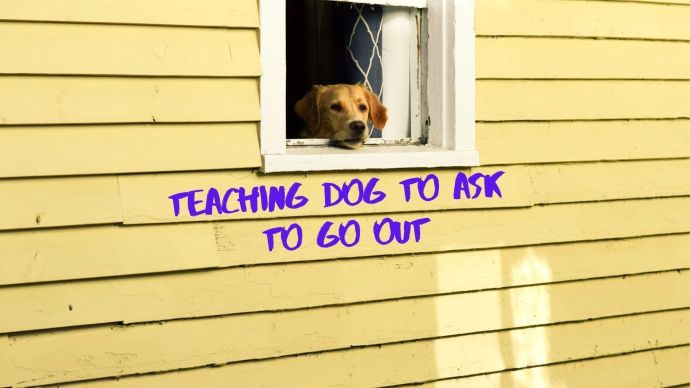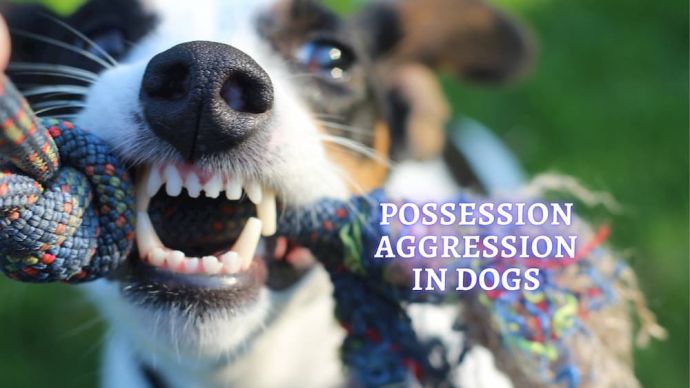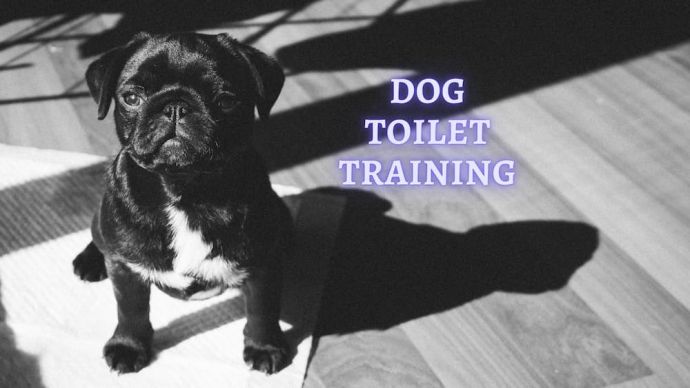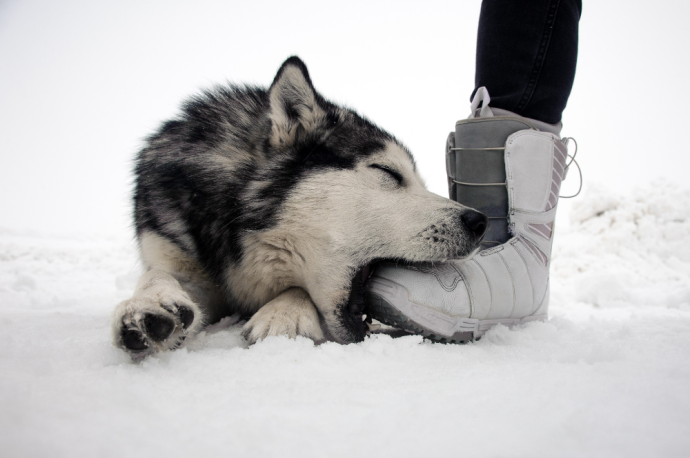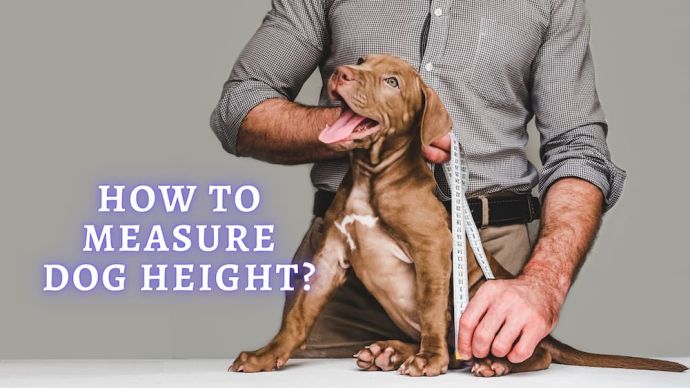Classical Conditioning: Teaching an Old Dog New Tricks
Written by:
Author: Nicole McCray
Nicole worked mainly with dogs and cats on her family's facility and in her time as a technician. However, she's also worked with and treated a plethora of other animals, like horses, birds, guinea pigs, bunnies, goats, and even the occasional hedgehog.
View all 6 articlesLearn about our editorial process and veterinary review board.
Viewed: 61
Updated on: 03/07/2023
At one point or another, most of us have heard the saying, “You can’t teach an old dog new tricks.” Funny enough, this should be only used as a joke because old pets can learn new tricks! Especially with classical conditioning.
Whether you never got around to training your old pup or you are adopting an older fellow, dogs can learn some new behaviors if taught correctly. Let’s take a look!
Can an Old Dog Learn a New Trick?
Teaching older pets new tricks is a great way to keep them mentally stimulated, just like adults enjoy learning new things. This mistake is that older dogs may need to gain the mobility or ability to perform certain tricks as they age, and this isn’t the same thing as learning something new.
The key is understanding the difference in the learning behavior between a puppy and an elder pet. For instance, the first thing you teach your puppy won’t be the first thing you teach your adult doggy.
Puppy Learning
Puppies are learning everything at once and can be slightly more distracted because of their energy levels. But since everything is relatively new, some studies suggest they quickly pick up new habits.
Adult Dog Learning
Besides possible physical limitations, older pets can learn new tricks. Having said that, if you want to relearn a new behavior, it may take some time. But it’s not possible.
How Long Does It Take for a Dog to Learn a New Trick?
Research estimates that an older dog can take up to four weeks to learn a new trick. This number can vary significantly with puppies because each pet is unique in behavior. Having said that, puppies and older pets respond well to positive reinforcement. How you train the dog will make a significant difference in your success.
Know Your Dogs History
First, you want to understand if your dog has any training history. This is especially true for pets who are adopted when they are older. Relearning behavior is more complicated than picking up a new behavior.
You also want to learn about their health history because dogs dealing with trauma may have difficulty performing some tasks. These are basic commands such as going to a crate, coming on command, etc.
The Benefit of Sticking With It
There are many reasons why an owner may want to start teaching an older pet new tricks, even if it is not adopted at an older age. A change in lifestyle where there is more travel is just one reason. Moving homes where the dog became an indoor pet and was previously more of an outdoor animal is another situation.
The more adaptable the pet becomes to changing situations, the easier it will be for the owner to teach them new tricks and learning habits.
How to Teach an Old Dog New Tricks
When it comes to actually teaching your pet new tricks, there are a number of tips and tricks owners should follow.
- If your older pup has young pup tendencies, it’s never a bad idea to do some light exercise first. This will help with any distractions. However, if they get tired easily, don’t wear them out. This will make them less apt to pay attention.
- Try focusing on a few sessions during the day with a lot of repetition. Because they are older, owners need to have a lot of patience, and your pet will need a lot of reminding.
- Always reward good behavior. Giving them treats when they perform is the best way to do this.
- Know when your dog is overstimulated or mentally fatigued. This may take some time to learn, but signs of excessive licking, sniffing the ground, and distractedness indicate your pet has hit a wall.
What Are Some Good Tricks to Teach An Older Dog
Let’s look at some fun tricks you can teach your dog that isn’t physically demanding on them.
- Paw or High Five is when your pet gives you their paw to your hand. It’s great because it gives you and your dog a chance to show some affection.
- Get the leash is a handy one for dog owners, and you can associate it with that phrase or “walk.” Of course, the leash needs to be in a space the pet can reach it.
- Through the legs has your dog walking through your legs. This is more of a fun command and a show trick.
- Put away the toys helps save time on clean up when your pet knows to put them back. This is a great challenge for dogs who seem to be picking up tricks with no issues.
- Speak is a great trick but not one that everyone loves. The idea is for them to speak on command and not to train a barking habit.
READ MORE: How to Teach a Dog to Roll Over?
Patience, Love, and Care
The truth is old dogs are completely capable of learning new tricks. The old saying is a complete myth. But it doesn’t go without saying that it can be difficult for some older dogs since they have developed patterns their whole life. You and your pet will find positive results with the right approach and repetition!
You can also find a number of helpful blogs or videos on YouTube that help teach owners how to train their pets. And you can even consider bringing your older dog in for training classes if you have the time!
 Dog Training How To Stop My Dog From Biting When Excited? Why Dogs Nipping When Excited?
Dog Training How To Stop My Dog From Biting When Excited? Why Dogs Nipping When Excited? - 88
- 0
 Dog Training Dog is Acting like a Puppy again: Causes and Solutions from a Vet
Dog Training Dog is Acting like a Puppy again: Causes and Solutions from a Vet - 6782
- 4
 Dog Veterinary Tips Why is my Dog throwing up: Causes and Preventing (Veterinary Advice)
Dog Veterinary Tips Why is my Dog throwing up: Causes and Preventing (Veterinary Advice) - 21360
- 5
 Dog Care My Dog Keeps Scratching His Mouth: Reasons Why Your Dog Scratching Face
Dog Care My Dog Keeps Scratching His Mouth: Reasons Why Your Dog Scratching Face - 16547
- 1









